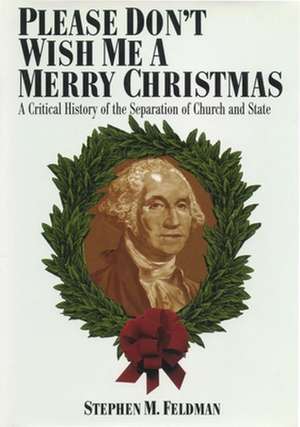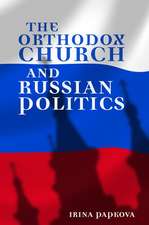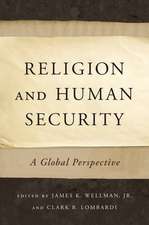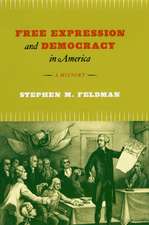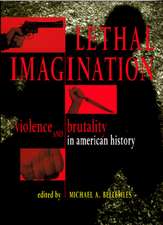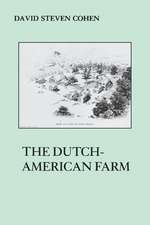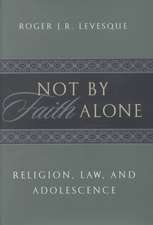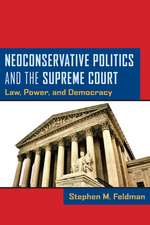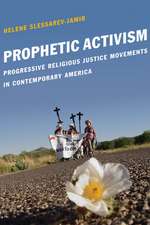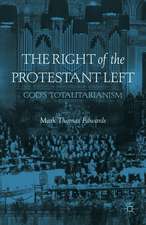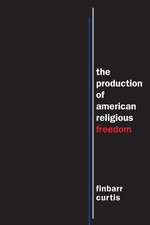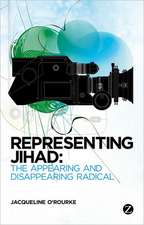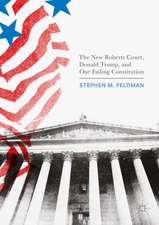Please Don`t Wish Me a Merry Christmas – A Critical History of the Separation of Church and State
Autor Stephen M. Feldmanen Limba Engleză Hardback – 30 noi 1996
| Toate formatele și edițiile | Preț | Express |
|---|---|---|
| Paperback (1) | 246.86 lei 6-8 săpt. | |
| MI – New York University – 31 iul 1998 | 246.86 lei 6-8 săpt. | |
| Hardback (1) | 532.08 lei 6-8 săpt. | |
| MI – New York University – 30 noi 1996 | 532.08 lei 6-8 săpt. |
Preț: 532.08 lei
Preț vechi: 691.02 lei
-23% Nou
Puncte Express: 798
Preț estimativ în valută:
101.82€ • 106.66$ • 84.38£
101.82€ • 106.66$ • 84.38£
Carte tipărită la comandă
Livrare economică 08-22 aprilie
Preluare comenzi: 021 569.72.76
Specificații
ISBN-13: 9780814726372
ISBN-10: 0814726372
Pagini: 408
Dimensiuni: 152 x 229 x 15 mm
Greutate: 0.69 kg
Editura: MI – New York University
ISBN-10: 0814726372
Pagini: 408
Dimensiuni: 152 x 229 x 15 mm
Greutate: 0.69 kg
Editura: MI – New York University
Textul de pe ultima copertă
Nearly all discussions regarding the role of religion in American life build on two dominant assumptions: first, the separation of church and state is a constitutional principle that promotes democracy and equally protects the religious freedom of all Americans, especially religious outgroups; and second, this principle emerges as a uniquely American contribution to political theory. In Please Don't Wish Me a Merry Christmas, Stephen M. Feldman challenges both these assumptions. He argues that the separation of church and state primarily manifests and reinforces Christian domination in American society. Furthermore, Feldman reveals that the separation of church and state did not first arise in America, either at the time of the constitutional framing or later. In challenging the dominant story of the separation of church and state, Please Don't Wish Me a Merry Christmas follows the historical path of two institutions - the Christian church and the state - from the origins of Christianity forward to the present day. Feldman thus focuses on the workings of power in a specific context: he interprets the development of Christian social power vis-a-vis the state and religious minorities, particularly the prototypical religious outgroup, Jews.
